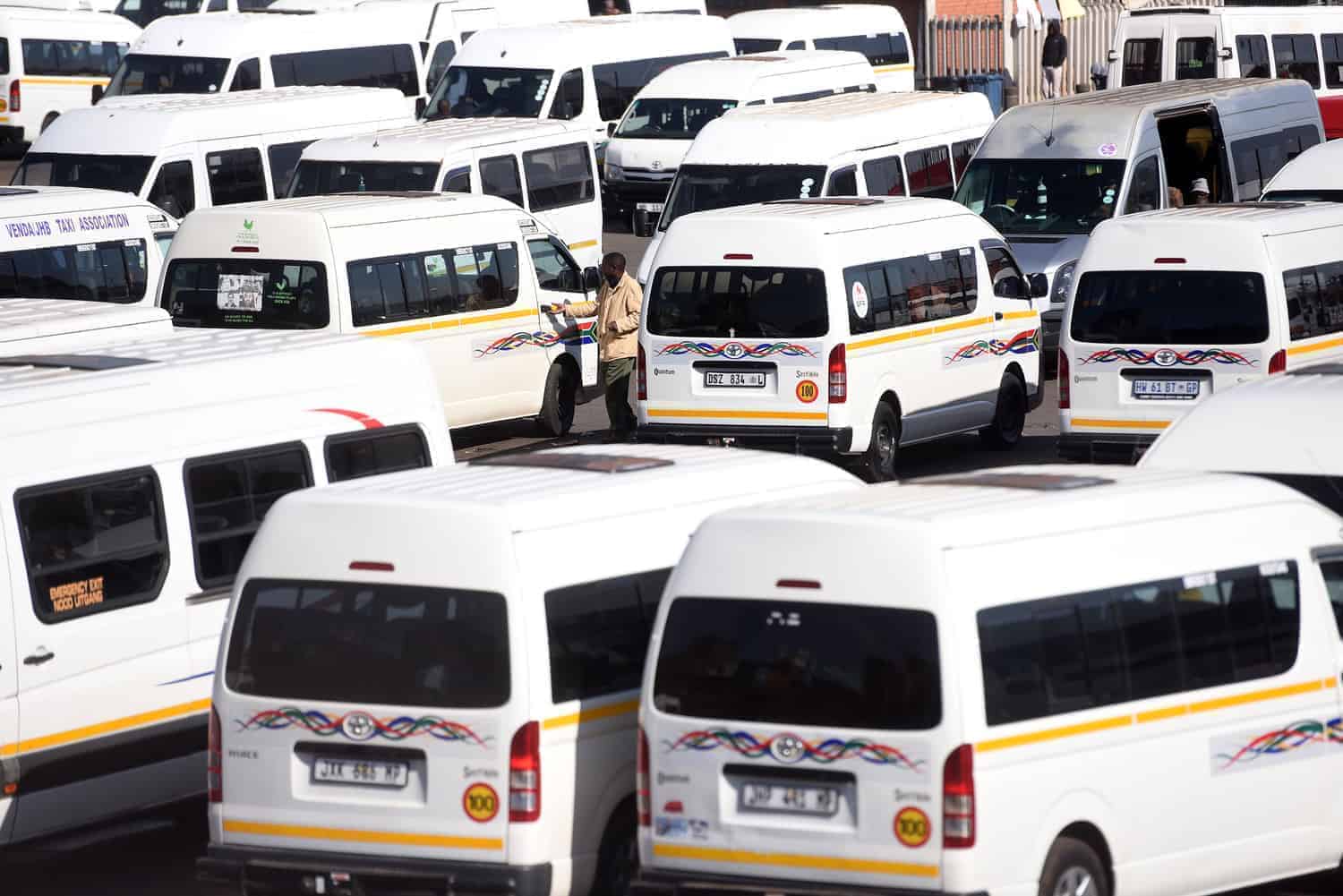The country has been battling the issue of taxi violence, with no end in sight.

The Polokwane High Court has sentenced Nkosinathi Sga Hadebe from Ladysmith, KwaZulu-Natal, to a lengthy sentence for several charges related to taxi violence in Botlokwa and Makhado.
On 26 July 2018, near the Botlokwa Shopping Complex, he shot and killed 31-year-old Edward Mosiamo, a local taxi owner.
On 4 February 2020, Hadebe was involved in the fatal shooting of Makhado taxi boss, 63-year-old Samuel Tshifhanga.
The incident occurred while Tshifhanga was driving his private vehicle with his wife, who also sustained gunshot injuries.
“Due to the gravity and complexity of the cases, both matters were transferred to the Provincial Office in 2021,” explained Brigadier Hlulani Mashaba.
ALSO READ: Gauteng taxi association chair ‘assassinated’ near Soweto
The 34-year-old Hadebe was arrested by the Limpopo Tracking Team and the Murder and Robbery Unit on 1 September 2022 at the Atteridgeville Magistrate’s Court, where he was appearing for another taxi-related murder case. His bail application was denied for this case.
Hadebe later entered into a plea agreement through his legal representative.
This week, the court sentenced him on seven counts:
- Count 1: Murder– 25 years imprisonment
- Count 2: Attempted Murder – 10 years imprisonment
- Count 3: Attempted Murder – 10 years imprisonment
- Count 4: Possession of Unlicensed Firearms – 10 years imprisonment
- Count 5: Possession of Ammunition – 5 years imprisonment
- Count 6: Murder – 25 years imprisonment
- Count 7: Attempted Murder – 10 years imprisonment
He will serve an effective 25-year imprisonment.
Additionally, the court declared Hadebe unfit to possess a firearm.
Taxi violence in Western Cape
The country has been battling the issue of taxi violence, with no end in sight.
In the Western Cape, the provincial government closed taxi routes for 30 days, from 17 September, due to taxi violence.
The province also closed specified lanes at taxi ranks in Khayelitsha, Makhaza, Mfuleni, Somerset West, Nomzamo and Lwandle.
Recent violent clashes in the province resulted in the deaths of six people between 23 and 26 August. An off-duty police officer and taxi operator were shot dead on 4 September.
“Families have been torn apart, livelihoods disrupted, and the safety of ordinary commuters has been gravely undermined,” said the province.
ALSO READ: Seven shot in central Joburg taxi violence
“This has been an exceptionally difficult decision. We are acutely aware that these routes serve thousands of residents who depend on them daily.
“However, given the escalating violence, the tragic and unnecessary loss of life, and the failure of previous interventions to restore calm, these extraordinary measures are necessary to stabilise the situation, protect commuters, and prevent further violence.”
“We call on the affected taxi associations, CATA and CODETA, to put the safety and dignity of commuters above all else and to use this period productively to pursue sustainable, peaceful resolutions.
“Violence will never deliver the results you seek. Only through negotiations and agreement can this industry find lasting stability.”
Gauteng crimes
In Gauteng, Gauteng National Taxi Alliance (GNTA) chairperson, Thamsanqa Moyo, was shot dead in an alleged hit in Soweto on Thursday.
Santaco described Moyo as a leader in the taxi industry.
“The passing of Mr Moyo is not just a loss to Gauteng, but to the entire taxi industry. To lose him in such a violent manner is unacceptable and deeply painful,” said Santaco president Motlhabane Abnar Tsebe.
Taxi violence across Gauteng persists despite efforts to implement peace agreements and public promises by leaders in the taxi industry to stop fights and hostility.
“These acts of violence in the taxi industry are not only criminal but also a direct betrayal of the commitments made by the taxi industry leadership to uphold peace and prioritise the safety of commuters and communities,” said MEC for Roads and Transport, Kedibone Diale-Tlabela.
Diale-Tlabela called on the leadership of the taxi associations to work together.
“We call upon the leadership of taxi associations to honour their pledges, take responsibility, and assist in identifying those who continue to bring the industry into disrepute.
“Peace, discipline, and accountability must be the cornerstones of the taxi industry. This will assist in gaining the trust of the public and contribute meaningfully to the future of the public transport industry in the province.”
NOW READ: ‘Regulate taxi industry to curb violence’ – experts






